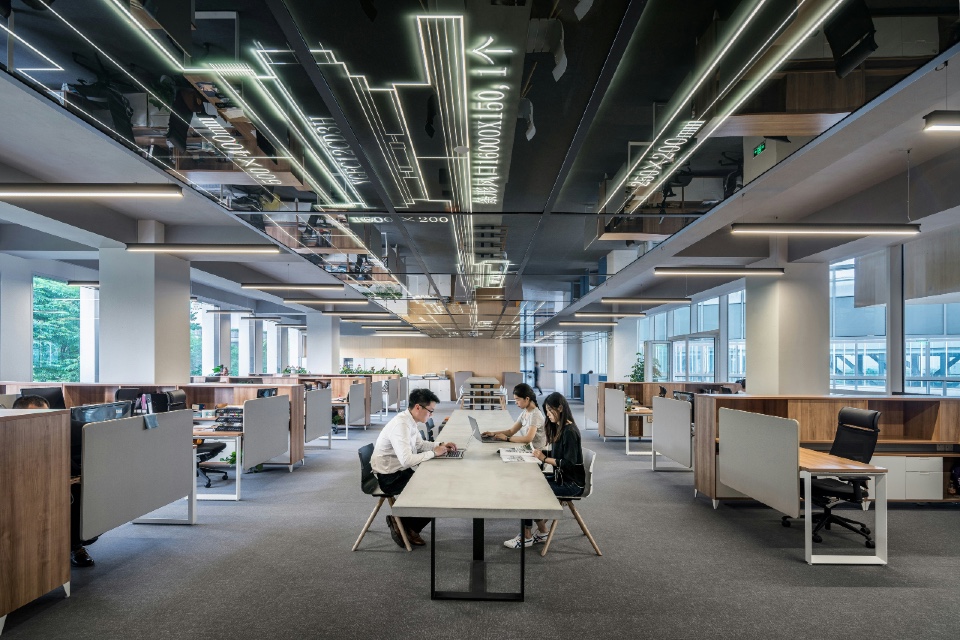The Institute of Workplace and Facilities Management Government (IWFM) has backed a government consultation on plans to give British workers the right to request flexible working from the first day in a new job, rather than having to wait up to six months under existing legislation.
Currently, an employee can make one flexible working request (for working from home or elsewhere, flexi-time, reduced/compressed hours, job shares, annualised/staggered hours, phased retirement) every 12 months and an employer has three months to consider whether that request can be accommodated.
The consultation is seeking views on how many flexible working requests should be permitted, how quickly employers should respond, whether the business reasons for refusing such requests remains valid, requiring employers to suggest an alternative if the original request is refused, and the administrative burden for businesses.
The Government supports flexible working as a key part of its ambition to ‘build back better’ from the pandemic and, recognising that such arrangements are not appropriate for all individuals or all businesses, is seeking to create a framework which encourages employee/employer conversations leading to genuine two-sided flexibility.
In the consultation document the Government sets out its view that flexible working arrangements not only benefit individual employees, they can also positively impact employers by removing invisible restrictions to jobs and fostering a more diverse and more skilled workforce, improving staff wellbeing, inclusion and motivation, and reducing staff turnover and recruitment costs, leading to increased productivity and improved financial performance.
IWFM’s CEO, Linda Hausmanis, said: “We view the Government’s intent as a positive sign that the right lessons are being learned from the home-working experiment of the past 18 months and will engage with the substance over the coming weeks. Now that many more people recognise that work is an activity, not a destination, it is critical that businesses enable them to do their best work, whenever and wherever it may take place. We will feed into the consultation to put forward flexible working best practice, while also guarding against unintended consequences, such as hindering career progression or creating two-tiered workforces.”
The Making Flexible Working the Default consultation is open until 1 December 2021 and can be viewed here. If you have any comments on flexible working which you would like us to consider as part of our response to the consultation, please email: policy@iwfm.org.uk.







